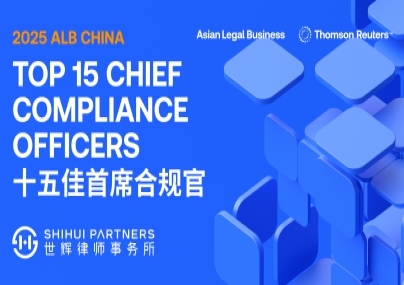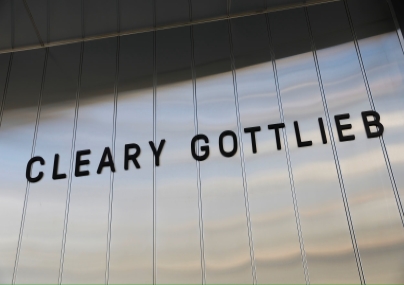Law firm leaders at Patton Boggs in Washington, D.C., were tallying votes on Tuesday on a proposed merger with Squire Sanders, a deal that is expected to be approved and that would provide financial relief to struggling Patton Boggs.
While votes submitted by partners of the 300-lawyer Patton Boggs were still being counted, three sources close to the deal said it is widely expected that the partnership will approve the proposed merger.
The executive board of the 1,300-lawyer Squire Sanders voted on Friday to approve the merger. However, that firm's partners must still approve the deal. They are expected to vote on it this week.
The new firm, which would be the 23rd-largest law firm in the United States by revenue, would be named Squire Patton Boggs, effective June 1.
Neither Patton Boggs managing partner Edward Newberry, who would be co-managing partner of the new firm, nor James Maiwurm, chairman of Squire Sanders, responded to requests for comment.
Patton Boggs has been ranked the No. 1 lobbying shop in terms of revenue for the past 12 years, according to the Center for Responsive Politics, a non-profit which compiles lobbying disclosure data. The firm has represented Amazon.com, Facebook, Inc and Exxon Mobil Corp, according to the centre.
Squire Sanders has 39 offices worldwide and counts among its clients Barclays Plc, BP Plc, DuPont, and General Electric Co, according to its website.
Patton Boggs has been in discussions with Squire Sanders since at least February, after seeing revenue wane and partners defect in 2013.
Under the proposed deal, at least 24 of Patton Boggs' roughly 150 partners would take pay cuts, be demoted or not be invited to join the new firm, according to one former Patton Boggs lawyer. Other attorneys at the firm, though, would get pay raises, he said.
James Tyrrell, a top Patton Boggs partner, would not be permitted to join the new firm, according to that lawyer and another former Patton Boggs attorney.
Tyrrell represented a group of Ecuadoreans in their court battle to enforce a multibillion-dollar pollution judgment against Chevron Corp.
The oil giant sued Patton Boggs in April, claiming it knew the judgment was obtained through fraudulent means. On May 7, Patton Boggs settled by agreeing to pay $15 million, a move that removed an impediment to the merger.
Tyrrell did not respond to a request for comment.
To be sure, the deal still could fall through. However, that is unlikely at this late stage of negotiations, according to a source involved in the merger.
Kent Zimmermann, a law firm consultant who has advised Patton Boggs on business strategy but is not involved in the merger, said that once partners of both firms are voting, "the deal is in the home stretch."
If completed, the merger would provide a way forward for Patton Boggs, which saw revenue decline 12 percent from 2012 to 2013, to $278 million, according to a January internal Patton Boggs memo.


